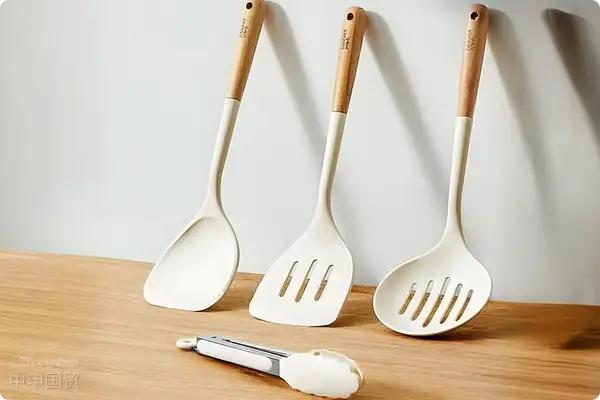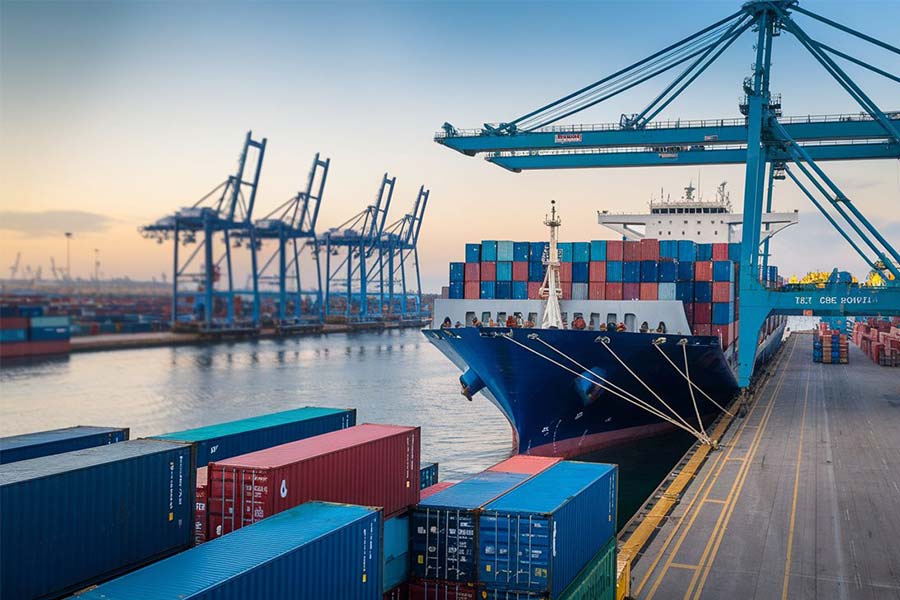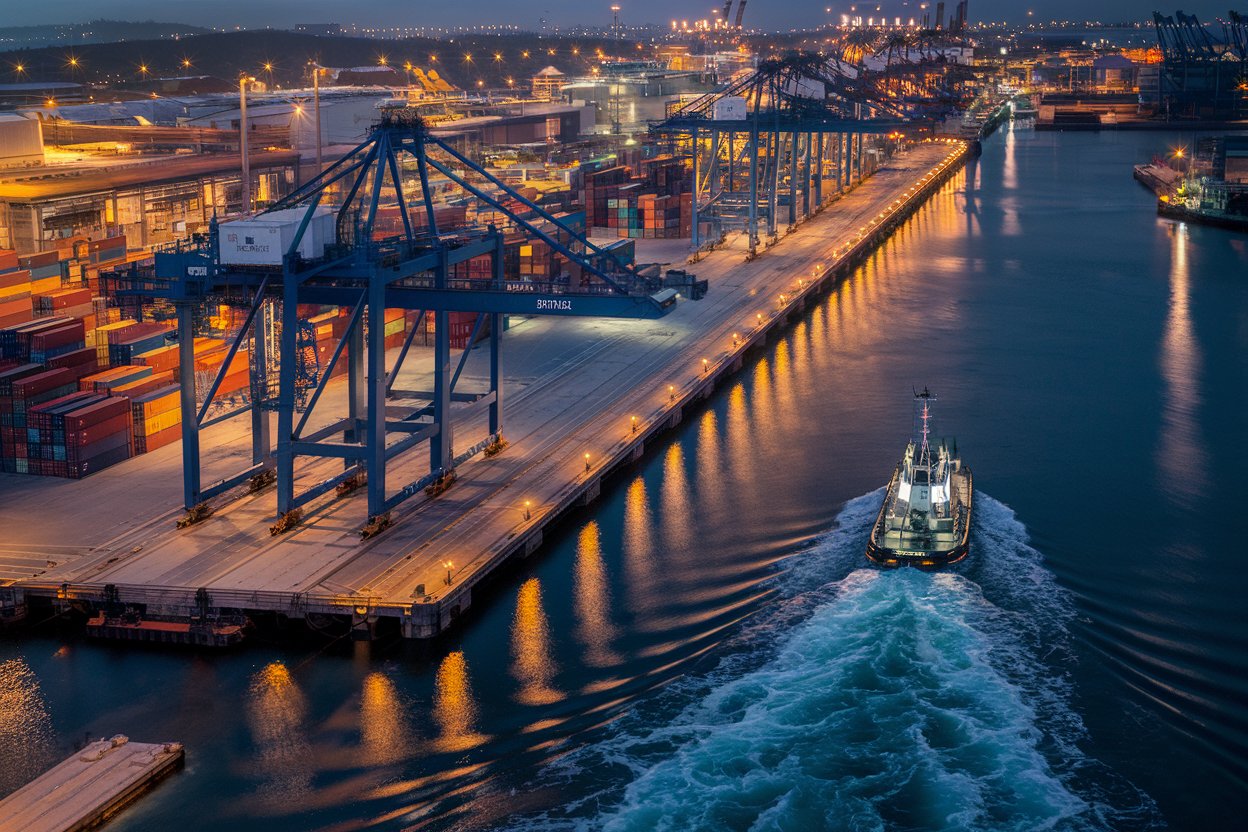- Shanghai Zhongshen International Trade Co., Ltd. - Two decades of trade agency expertise.
- Service Hotline: 139 1787 2118
As an old hand in foreign trade with 20 years of experience, I often encounter customers asking such questions: What procedures are actually required for importing silicone kitchenware and tableware? Today, I will use the most straightforward way to take you through a completeforeign tradeWhat can an agent do for you?
As a seasoned foreign trade professional with 20 years of experience, I often encounter clients asking: "What procedures are required for importing silicone kitchenware?" Today, I'll guide you through the complete process in the simplest way possible.Import RepresentationProcess, and by the way, share the considerate consumption tips from the customs.

I. The Core Four-step Process of Import Agency
Importing silicone kitchenware and tableware is like participating in a relay race, where every link requires the perfect cooperation of professional players:
- The First Leg: Preparatory Work
- Check the HS code (usually classified into categories 3924 or 3926)
- Confirm the tariff rate (generally 6 - 10%) and regulatory conditions
- Prepare the "Three Essential Documents for Foreign Trade": contract, invoice, packing list.
- Control of trade term risksIt is recommended to verify through the following methods:(The key to enjoying tariff preferences)
- Import licenses are required for special cases (such as those involving food contact material certification)
Tips:Noimport and exportDont worry about the rights! Dual-head declaration can solve this problem, and our agency company will assist you as the declaration unit.
- The Second Leg: International Transportation
- Choose according to the cargo volumeMaritime Transportation(Full Container Load/Less than Container Load) orAir Transportation
- Declaration in the exporting country (materials such as MSDS are required)
- Track the logistics dynamics (especially for silicone products that are prone to deformation)
- The Third Leg: Domestic Customs Clearance
- Carry out customs declaration and inspection simultaneously (commodities subject to legal inspection need CIQ inspection)
- Calculate the tariff + 13% VAT (remember to prepare sufficient funds)
- Cooperate with the customs inspection (it is recommended to reserve 3 - 5 working days)
Experience:Silicone products are often randomly inspected for heavy metal migration. It is recommended to prepare a third-party test report in advance, which can greatly improve the customs clearance efficiency.
- The Fourth Leg: Pick-up and Settlement
- Arrange after customs clearanceTrailerPick up the goods
- Settle the expenses (logistics fees + taxes + agency fees)
- Finally, inspect and store in the warehouse (check for any transportation - induced deformation)
II. The Heart - warming Consumption Tips from the Customs
As a seasoned foreign trade professional who deals with customs on a daily basis, I must say this customs consumption advisory is truly down-to-earth:
The Four - character Formula for Purchase
- Look:Check whether there are Chinese labels and whether they are marked as "for food contact."
- Select:Preferably choose products with a smooth surface and no burrs (this directly affects the customs clearance pass rate)
- Smell:Products with a pungent odor should be directly rejected (it may be inferior silica gel)
- Wipe:Only products that do not fade when tested with a white tissue paper are qualified products
Three Precautions for Use
- First Use:It is recommended to disinfect by boiling in hot water (below 120℃)
- Daily Use:Keep away from open flames! Maintain a safe distance from the oven heating tube
- Cleaning and Maintenance:Steel wool balls are prohibited. It is recommended to use a sponge + neutral detergent
III. Professional Advice to Importers
Based on years of practical experience, here are three pieces of advice for friends who are preparing to import silica gel kitchenware:
Complete Qualifications:Please confirm in advance that the supplier can provide FDA or LFGB certification, as this is the "passport" for customs clearance.
Reserve a Buffer Period:For sensitive goods, it is recommended to reserve 7 more days than the normal time, especially during the peak period of customs inspections at the end of the year.
Exquisite Packaging:Silica gel products are easy to absorb odors. It is recommended to use vacuum packaging + moisture-proof treatment during transportation.
Remember, a professional foreign trade agent doesn't just handle documents for you—they also use their expertise to help you avoid risks. Next time you encounter import challenges, feel free to reach out to us "veteran foreign trade drivers" for a chat!
Related Recommendations
? 2025. All Rights Reserved. Shanghai ICP No. 2023007705-2  PSB Record: Shanghai No.31011502009912
PSB Record: Shanghai No.31011502009912










